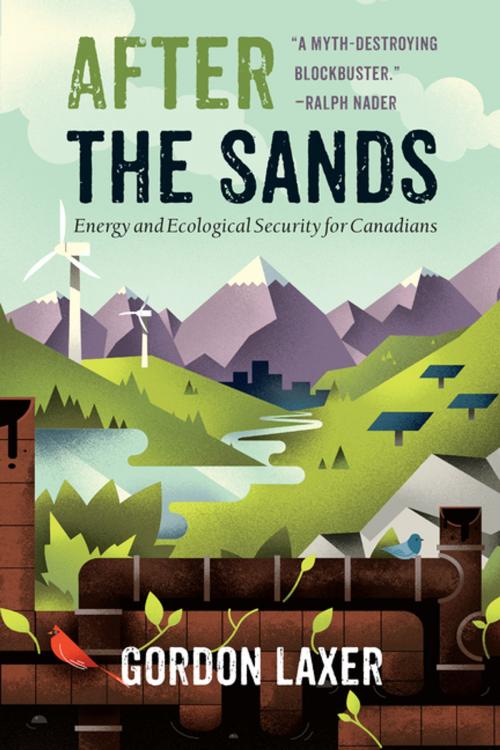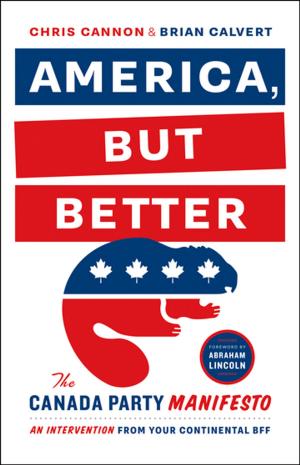After the Sands
Energy and Ecological Security for Canadians
Nonfiction, Social & Cultural Studies, Political Science, Government, Public Policy| Author: | Gordon Laxer | ISBN: | 9781771621014 |
| Publisher: | Douglas and McIntyre (2013) Ltd. | Publication: | October 3, 2015 |
| Imprint: | Douglas & McIntyre | Language: | English |
| Author: | Gordon Laxer |
| ISBN: | 9781771621014 |
| Publisher: | Douglas and McIntyre (2013) Ltd. |
| Publication: | October 3, 2015 |
| Imprint: | Douglas & McIntyre |
| Language: | English |
After the Sands outlines a vision and a road map to transitioning Canada to a low-carbon society.
Despite its oil abundance, with no strategic reserves, Canada is woefully unprepared for the next global oil supply crisis. There’s no good reason for Canadians to use much more oil per capita than people in other sparsely populated, northern countries like Norway, Finland and Sweden-nations that use 27 to 39 percent less oil per person. In After the Sands, Alberta-based political economist Gordon Laxer proposes a bold strategy of deep conservation and a Canada-first perspective to ensure that all Canadians have sufficient energy at affordable prices.
The most achievable way to gain energy security is to supply Canadians with their own oil, natural gas and renewable energy. And the best way to cut carbon emissions is by phasing out Canada’s role as a carbon-fuel exporter.
Canada has all the oil, gas and coal needed to transition to a low-carbon future. Remarkable hydro power resources give Canadians a large base of renewable energy, which can be expanded with wind, solar, geothermal and biomass. Few countries have these options in adequate quantities. But, as Laxer argues, Canada will not get there until we overcome the power of vested interests and untangle the trade agreements that block Canadians from secure and fair access to the nation’s own energy resources.
Impeccably researched, After the Sands is critical reading for anyone concerned with climate change and the future of Canada.
After the Sands outlines a vision and a road map to transitioning Canada to a low-carbon society.
Despite its oil abundance, with no strategic reserves, Canada is woefully unprepared for the next global oil supply crisis. There’s no good reason for Canadians to use much more oil per capita than people in other sparsely populated, northern countries like Norway, Finland and Sweden-nations that use 27 to 39 percent less oil per person. In After the Sands, Alberta-based political economist Gordon Laxer proposes a bold strategy of deep conservation and a Canada-first perspective to ensure that all Canadians have sufficient energy at affordable prices.
The most achievable way to gain energy security is to supply Canadians with their own oil, natural gas and renewable energy. And the best way to cut carbon emissions is by phasing out Canada’s role as a carbon-fuel exporter.
Canada has all the oil, gas and coal needed to transition to a low-carbon future. Remarkable hydro power resources give Canadians a large base of renewable energy, which can be expanded with wind, solar, geothermal and biomass. Few countries have these options in adequate quantities. But, as Laxer argues, Canada will not get there until we overcome the power of vested interests and untangle the trade agreements that block Canadians from secure and fair access to the nation’s own energy resources.
Impeccably researched, After the Sands is critical reading for anyone concerned with climate change and the future of Canada.















